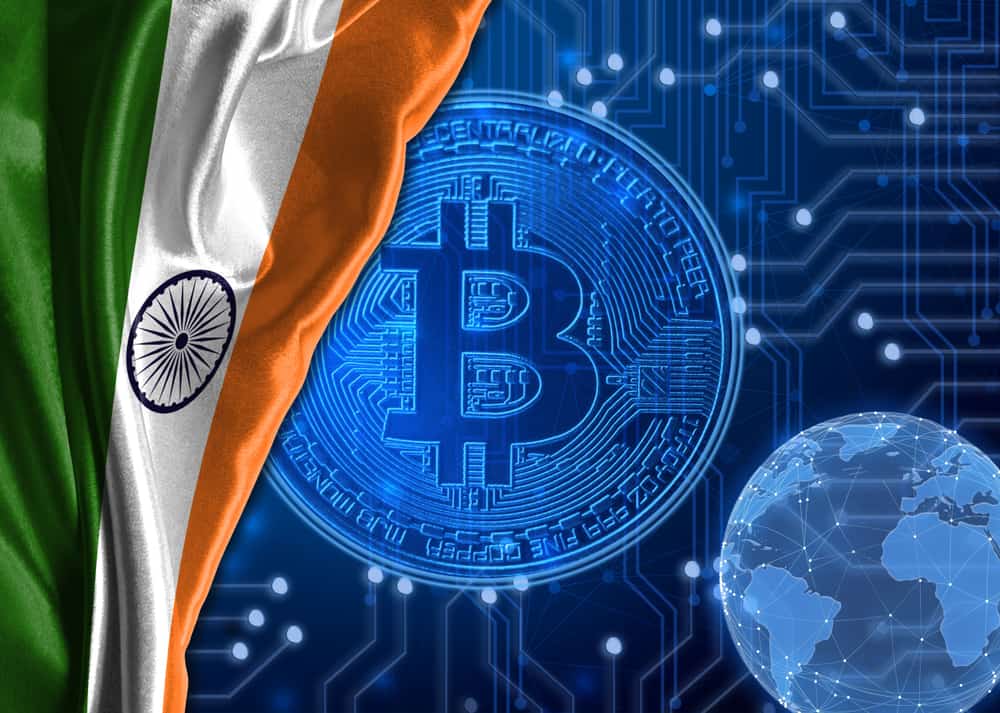The Indian cryptocurrency sector has been devoid of all banking resources as directed by the country’s central bank, The Reserve Bank of India, since Friday, July 6. A four-month long legal fight, low volumes, falling crypto prices and, now, the lack of banking is testing the foundation of this sector. Another daunting prospect is the GST Council is expected to levy an 18% tax on crypto transactions in the country which would be extremely painful for exchanges and investors.
Crypto Exchanges Make Headway to India
Digital currency exchanges are still in their nascent stage in India with Unocoin being the oldest exchanged launched in 2013. The crypto fever did not see mainstream interest in India until the price of Bitcoin started to rise steadily in 2017.
The Reserve Bank of India issued a warning against these currencies in November 2017 as investor interest rose. The government remained inactive in the situation while Bitcoin prices reached an all-time high of $20,000.
Arun Jaitley, the finance minister, consistently stated that digital currencies are “not legal tender“ in India but never declared these assets illegal or took substantial action. The finance ministry issued a notification labeling digital coins as Ponzi schemes.
The notification read:
“There is a real and heightened risk of (an) investment bubble (in virtual currencies) of the type seen in Ponzi schemes which can result in (a) sudden and prolonged crash exposing investors, especially retail consumers, losing their hard-earned money.”
In the aftermath of the December 2017 price rise, the income tax department, reportedly, started sending tax notices to investors while some banking institutions started cutting ties with crypto entities. Jaitley reiterated the government’s hawkish stance on digital coins in his February Budget speech while Subhash Chandra Garg, the head of a committee on cryptocurrencies and a secretary in the department of economic affairs, said that draft regulations would be out by the end of the year.
Crackdown Begins on Crypto Exchanges
The prices of crypto coins started falling and, by April, the situation was quite grim. On April 5, the RBI made a surprise move and directed all its regulated entities including banks and even wallet service providers to stop providing banking services to crypto entities.
The RBI said:
“It has been decided that, with immediate effect, entities regulated by RBI shall not deal with or provide services to any individual or business entities dealing with or settling VCs. Regulated entities which already provide such services shall exit the relationship within a specified time. A circular in this regard is being issued separately.”
By the end of the month, Kali Digital Eco-systems and some cryptocurrency exchanges moved to court against the ruling. These petitions were clubbed together by the Supreme Court, and it decided to hear the case on July 20 but moved the date to July 3 on request. However, it upheld the ban and, now, the crypto exchanges are left with limited options.
Some exchanges like WazirX have adopted a peer-to-peer trading model while some others could move to crypto-to-crypto trading. Investors, on the other hand, are devoid of secure banking channels in crypto transactions.






